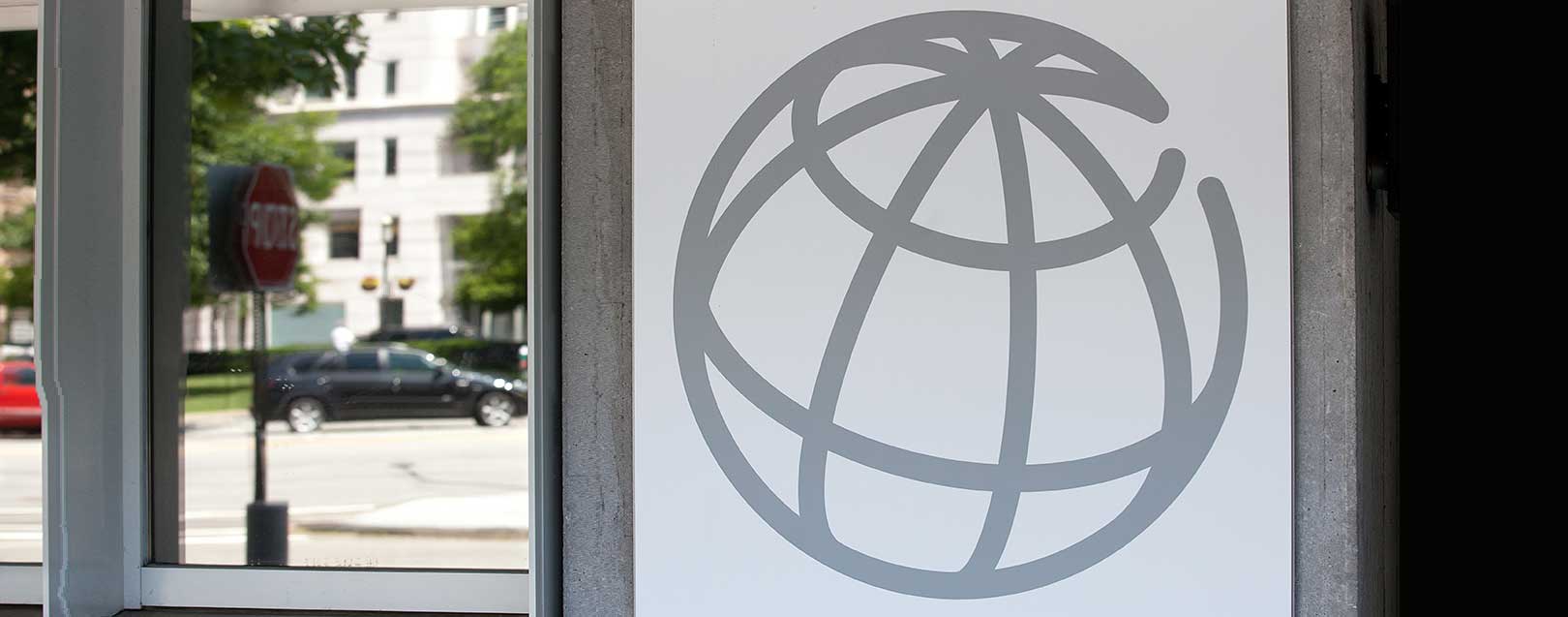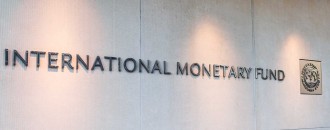
Positive outlook for East Asia: World Bank
The Dollar Business Bureau
A World-bank half-yearly forecast of East Asian and Pacific (EAP) markets predicts that the markets would expand at 6.2% in 2017 and 6.1% in 2018. The report covers countries such as China, Mongolia, Papua New Guinea, Indonesia, Myanmar, Philippines, and Vietnam attributes the gradual recovery in the economies to steadying commodity prices and reducing poverty.
The study combines various parameters to conclude on the overall growth in the EAP region.
The report is unique as its findings are in stark contrast over other media-reports that have shown a sharp decline in the Chinese economy. Growth in China is anticipated to moderate from 6.7% in 2016, 6.5% in 2017 and 6.3% in 2018, owing to the government’s rebalance toward consumption and services, and also a reduction in capacity and credit expansion. The report also finds that Chinese real estate sector could slow down. In recent years, the Chinese government had to reduce corporate debt and restructure state-owned enterprises as well as tighten regulation of shadow banking and address rising household mortgage debt.
The large developing economies in the Association of Southeast Asian Nations will likely expand slightly faster in 2017-18, although for different reasons. The Philippines will benefit from higher public spending on infrastructure, an uptick in private investment, credit expansion, and increased remittances, as growth accelerates to 6.9% in both 2017 and 2018. Higher government subsidies, more infrastructure spending and rising exports will push up Malaysia’s economy by 4.3% in 2017 and 4.5% in 2018.
The report indicates various challenges that have led to a moderate growth. Some of the issues that the report elaborates on include protectionist policies, jump in the interest-rate hike in the US, rapid credit expansion and high levels of debt in several East Asian countries. The World Bank’s news-release quotes Sudhir Shetty, the Chief Economist at the Washington-headquartered World Bank as saying that the region’s resilience depends on policy makers taking account of, and adjusting to global uncertainties and domestic vulnerabilities.
Shetty was further quoted in the release as saying, “Policy makers should prioritise measures that counteract global risks threatening the availability and cost of external finance, as well as export growth. Efforts should also be made to strengthen policy and institutional frameworks to spur increases in productivity.”






 to success.
to success.